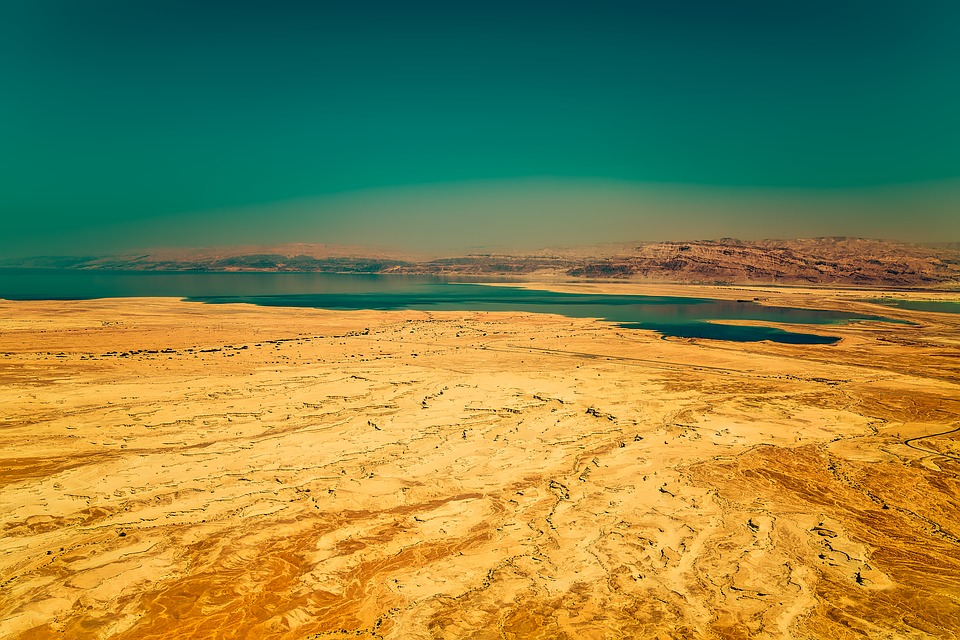Formally, Iran isn’t at war with Israel. But what about informally? The random reflections below are variations on this question.
Hamas and the splinter groups in Gaza, inspired and supported by Iran, are attacking Israel. Though they suffer infinitely more than the Israelis when Israel retaliates, they seem determined to continue to obey the orders of their paymasters.
Hezbollah, another client of Iran, is threatening Northern Israel as retaliation for Israel’s efforts to eliminate Iranian bases in Lebanon, Syria, and Iraq there to threaten Israel’s very existence.
And then there’s Trump, unpredictable as usual. He now wants to talk to the Iranians. Who other than Israel will pay the price for the concessions that the US president may make for reasons of his own? The unscheduled visit by the Iranian foreign minister to the G7 meeting in Biarritz last weekend may not have been as much a surprise to Trump as people around him tried to make out.
The fact that Israel is to go to elections on September 17 complicates the situation. Prime Minister Netanyahu is fighting for his political future (and thus also for his freedom from prosecution for various criminal charges now pending). He must appear strong to reassure the Israeli public while at the same time avoiding open war in case this might jeopardize his chance to be re-elected. Iran is aware of all this, of course, and no doubt will do its utmost to exploit it.
It’s reasonable to assume that Israel is strong enough to stand up to Iran. Netanyahu tells us and them so repeatedly. But at what cost?
To complicate matters, on the domestic front the teachers are threatening to go on strike from September 1, the day the new school year is due to start. Are they also taking advantage of pre-election opportunities? Probably only a decision by the labor court can stop their intended action.
Amazingly, while all this is going in and around Israel, life here seems to proceed at its normal pace. The strong shekel tempts many Israelis to go abroad on vacation while it inhibits foreigners from coming here. And this is by no means the only factor that may destabilize the economy. Some economists are predicting a very difficult 2020 and beyond, both in Israel and in the rest of the world. But, to repeat, you don’t sense it in the streets of Tel Aviv or Jerusalem (though it’s said to be different in the North in the proximity of Hezbollah and in the South facing Hamas). A strange calm under dark clouds. Realism or escapism?
Instead of apologizing for writing this to people abroad, I invite you to disabuse me of my usual pessimism. Of course, I hope to be proven wrong because I deem living in Israel an indescribable privilege and pray that it remains so for my children and grandchildren.

























